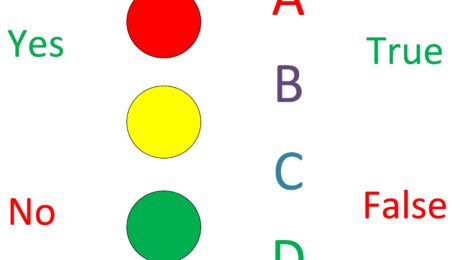Formative Assessment
Monday, 16 September 2013
by admin
The goal of formative assessment is to monitor student learning to provide ongoing feedback that can be used by instructors to improve their teaching and by students to improve their learning. More specifically, formative assessments:
- help students identify their strengths and weaknesses and target areas that need work
- help faculty recognize where students are struggling and address problems immediately
Formative assessments are generally low stakes, which means that they have low or no point value. Examples of formative assessments include asking students to:
- draw a concept map in class to represent their understanding of a topic
- submit one or two sentences identifying the main point of a lecture
- turn in a research proposal for early feedback
If technology is limited at your school Signal Pinch Cards are a great quick response for Formative Assessments. Made quickly on card stock and …
- Published in Digital Literacy
